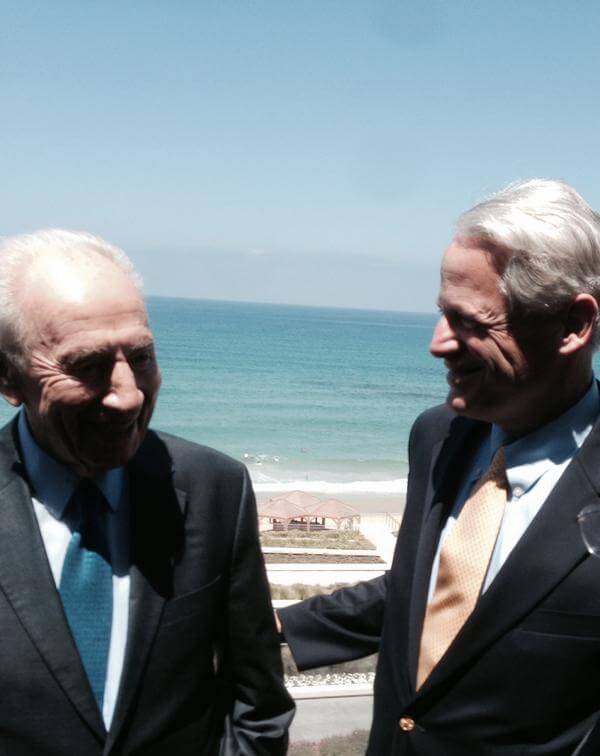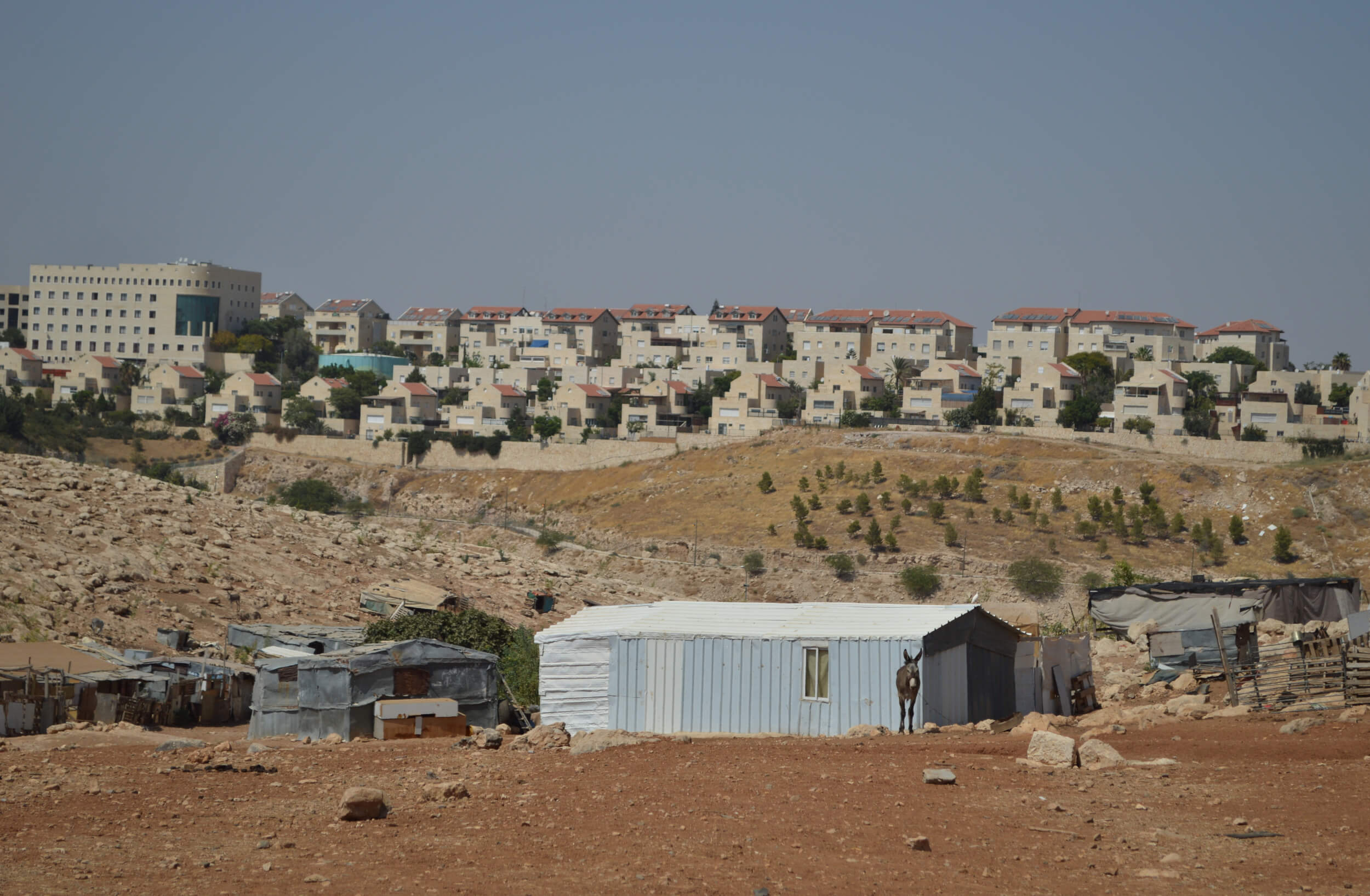God gave the Jews Canaan and even rennamed the country “Israel” as an “everlasting possession,” new Israeli ambassador Danny Danon wrote in 2012. The U.S. has been a lousy ally, and has even cost Israel “thousands of young lives.”
Minnesota Congressperson Rep. Betty McCollum has requested the State Department to investigate whether the killings of teens Nadeem Nawara and Mohammad Mahmoud Odeh Abu Daher, both killed during a Nakba Day protest in the occupied West Bank in 2014, constitute a violation of the Leahy Law on aid to human rights violators.
Reps Steve Israel and Eliot Engel opposed President Obama on the Iran Deal, surely because of their concern for Israel; and they think there shouldn’t be divisions inside the Jewish community over their opposition? The divisions are real and important and go back to the Iraq war disaster, when liberal Zionists went along with neocons on a tragic policy
The Republican presidential clown rodeo will be making a stop in Washington DC as Congress gets set to debate the Iran Deal on September 9th. Sen. Ted Cruz and reality television star Donald Trump will appear at a D.C. rally organized by the Tea Party Patriots, the Center for Security Policy, and the Zionist Organization of America to oppose the deal.
Ma’ale Adumim is also the third largest illegal Israeli settlement in the occupied West Bank, 4.5 kilometres east of the Green Line and next to the Palestinian town of Ezariya (Bethany). It lies at the heart of the Israeli government’s E1 project that seeks to connect the settlement with Jerusalem by building a corridor of settlements enclosed by the separation wall. Most of the 40,000 settlers who live in Ma’ale Adumim will never set foot in Abu Nuwwar – a village under threat of demolition as part of the E1 plan. Abu Nuwwar resident Ahmed explains, “Now every time we build something they say we can’t have it. They want us gone. They could come anytime and destroy everything”.
Tantura was a beautiful Palestinian fishing village 15 miles south of Haifa. In the early hours of May 23, 1948 it was attacked and occupied by the Haganah. Over 200 villagers, mostly unarmed young men, were massacred; others were taken prisoner and put to forced labor. The site of the village is now a beach resort. The mass grave in which the victims of the massacre are buried is covered by a parking lot. Stephen Sheinfeld interviews Hala Gabriel, a Palestinian-American filmmaker, about her new film Road to Tantura. Gabriel was born as a refugee to parents who had fled from Tantura (the house left partly standing had belonged to her family). In 2010, Hala managed to enter Israel and visit the site of her ancestral village. She also met relatives who had taken refuge in the nearby village of Fureidis, which had escaped destruction, and interviewed three of the men who had participated in the attack on Tantura.
Filmmakers Ali Kriegsman and Jana Kozlowski have documented an intellectual scandal, the ways that Jewish day schools misrepresent Israeli history and conditions so as to make young American Jews political advocates for the Jewish state
Al Haq Director Shawan Jabarin argues that “Ban” should be added to the BDS lexicon: “Products originating from Israeli agricultural and industrial settlements are essential to reinforcing the illegal settlement enterprise, and provide vital revenues that help ensure their viability and growth. Accordingly, states fail to comply with their international legal obligations by allowing settlement products to enter domestic markets. By not implementing a ban on settlement products, states themselves are politicizing a legal issue and shifting the burden to consumers.”
“Destruction of Gaza is not history; it’s still news”, Jewish Voice for Peace says, and demands end to Israeli blockade, in a demonstration outside the Museum of Natural History in NY









